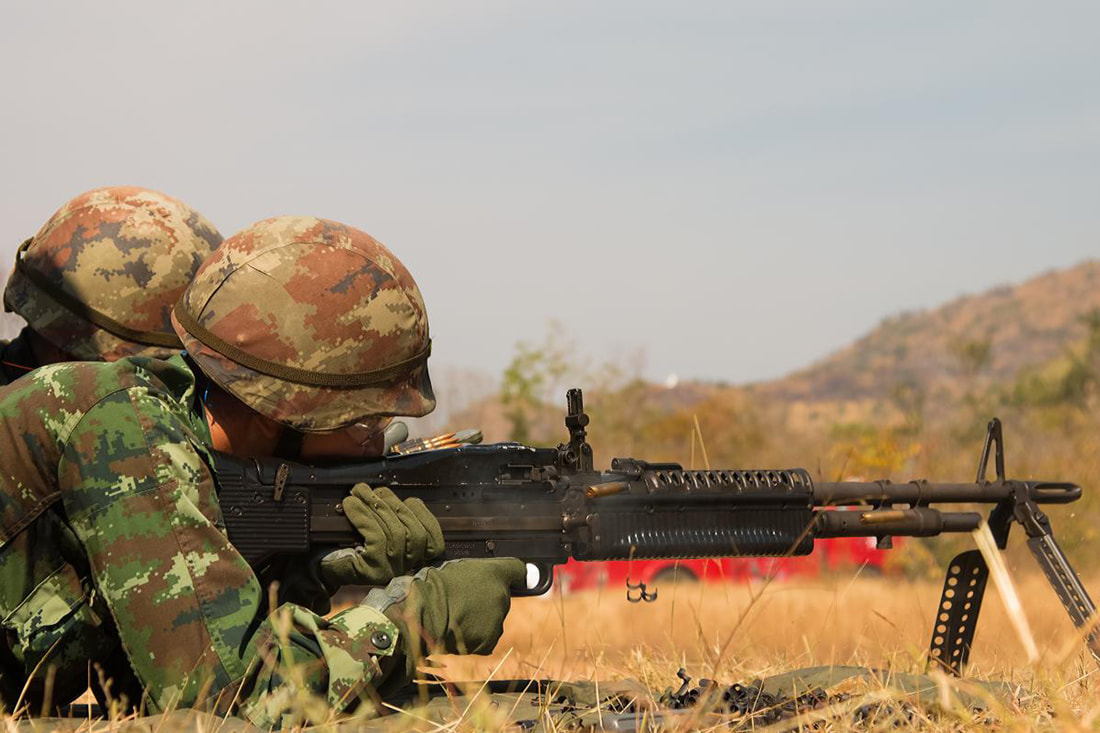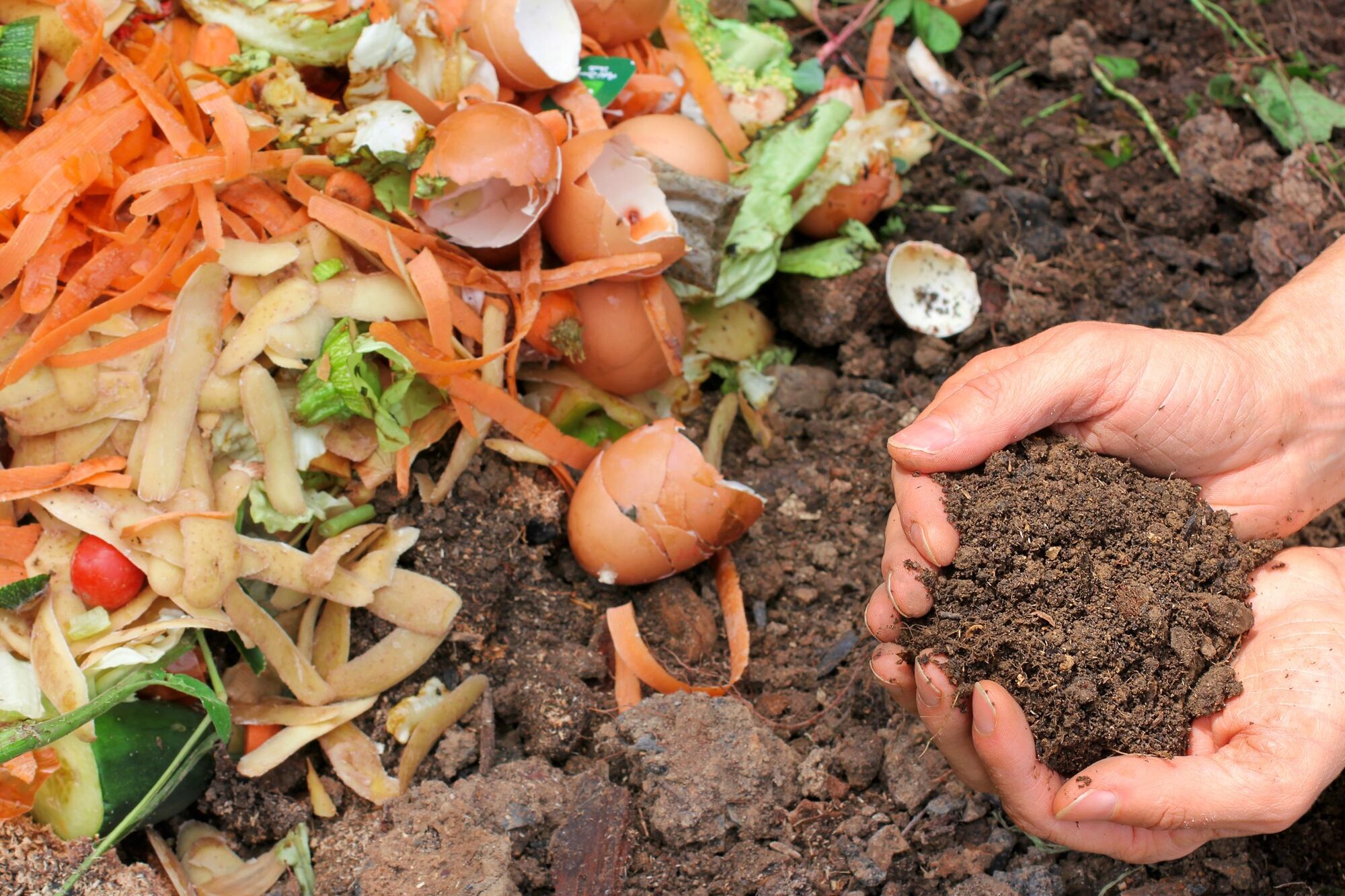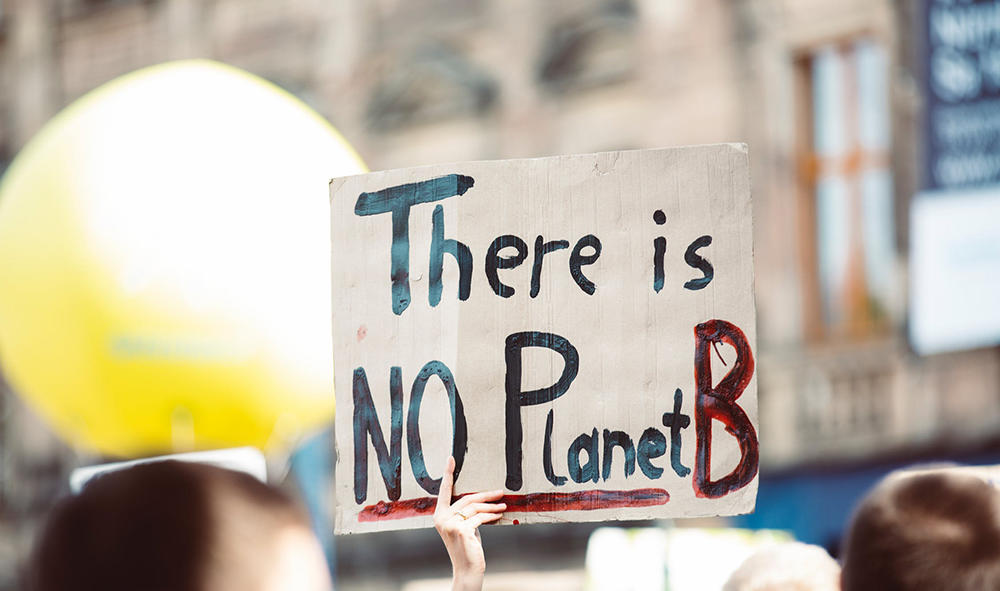Samantha Smith / 6 minute read
Indigenous Peoples, also referred to as first people, Aboriginal people or native people, are culturally distinct ethnic groups who are native to a particular place.
|
Key Takeaways:
|
There are currently millions of Indigenous Peoples living in tropical rainforests worldwide according to Cultural Survival, a group fighting to protect these communities. The majority of these forests are found in Bolivia, Brazil, Colombia, Gabon, Indonesia, Malaysia, Peru, Venezuela, and Zaire. These Peoples rely on the forest for survival; both for food and fresh water and also to provide shelter. This interwoven relationship makes them uniquely qualified to be the natural protectors of the forests that are their homes.
Photos courtesy of Amazon Frontlines
Why is it important to support Indigenous Peoples.
According to the UN Report on Indigenous Peoples, racism, land theft, forced development and violence threatens Indigenous People’s sovereignty, economic well-being, languages, ways of knowing, culture and access to resources. Indigenous people are also more likely to live in poverty, face exclusion and marginalization, and lack equal access to basic services like education and healthcare. Indigenous Peoples also face the immediate consequences of climate change, due to their dependence upon, and close relationship with the environment and its resources.
According to the UN Report on Indigenous Peoples, racism, land theft, forced development and violence threatens Indigenous People’s sovereignty, economic well-being, languages, ways of knowing, culture and access to resources. Indigenous people are also more likely to live in poverty, face exclusion and marginalization, and lack equal access to basic services like education and healthcare. Indigenous Peoples also face the immediate consequences of climate change, due to their dependence upon, and close relationship with the environment and its resources.
Indigenous Peoples face the immediate consequences of climate change, due to their dependence upon, and close relationship with the environment and its resources.
The connection between Indigenous Peoples and the environment.
It’s no coincidence that 80 percent of the earth’s biodiversity is found on Indigenous lands, a direct result of indigenous People’s stewardship and relationship with the environment. According to the UN, many Indigenous lands are under attack by governments and multinational corporations seeking access to these resources for mineral and fossil fuel extraction.
It’s no coincidence that 80 percent of the earth’s biodiversity is found on Indigenous lands, a direct result of indigenous People’s stewardship and relationship with the environment. According to the UN, many Indigenous lands are under attack by governments and multinational corporations seeking access to these resources for mineral and fossil fuel extraction.
|
People living in the Amazon play a crucial role in protecting their forests according to Rainforest Partnership. This is because their cultures and livelihoods are tied inextricably with healthy rainforests. Leaving forests standing cuts carbon emissions resulting from deforestation, strengthens communities, and offers long-term economic benefits.
Tropical rainforests “provide a life support system for the planet,” according to the BBC. They do that by regulating the atmosphere through the sequestration of carbon dioxide and release of oxygen through photosynthesis. Rainforests also influence the hydrological cycle by storing water and releasing it into the atmosphere in a process called evapotranspiration which also cools the air. National Geographic likens this cooling effect to a giant air conditioner, and calls it one of our greatest resources in fighting climate change. |
Photos courtesy of Amazon Frontlines
Tropical rainforests provide a life support system for the planet by regulating the atmosphere through the sequestration of carbon dioxide and release of oxygen through photosynthesis.
How can you support Indigenous peoples?
There are many organizations working to tackle the urgent need to preserve forests, one of which is Rainforest Action Network (RAN). Through their Community Action Grants Programs, RAN provides crucial funding for people fighting to protect their communities. Their Protect-an-Acre fund supports grassroots leadership and local organizations in forest regions to protect threatened lands from logging and mining. The Climate Action Fund (CAF) supports frontline communities directly challenging the fossil fuel industry. CAF provides small grants to local groups tackling the root causes of climate change - the extraction and combustion of dirty fossil fuels such as coal and oil.
There are many organizations working to tackle the urgent need to preserve forests, one of which is Rainforest Action Network (RAN). Through their Community Action Grants Programs, RAN provides crucial funding for people fighting to protect their communities. Their Protect-an-Acre fund supports grassroots leadership and local organizations in forest regions to protect threatened lands from logging and mining. The Climate Action Fund (CAF) supports frontline communities directly challenging the fossil fuel industry. CAF provides small grants to local groups tackling the root causes of climate change - the extraction and combustion of dirty fossil fuels such as coal and oil.
Below is a list of groups that are working to protect Indigenous Peoples in the rainforest and beyond. Consider supporting these organizations as their work is critical to reversing the worst effects of climate change due to deforestation and fossil fuel extraction.
Amazon Frontlines
Amazon Watch
CEJUDHCAN
Cultural Survival
Indigenous Environmental Network
Rainforest Action Network
Rainforest Partnership
Trees, Water & People
Amazon Frontlines
Amazon Watch
CEJUDHCAN
Cultural Survival
Indigenous Environmental Network
Rainforest Action Network
Rainforest Partnership
Trees, Water & People
Here are a few more things you can do to advocate for Indigenous Peoples’ rights to defend their forests:
- Defend forest defenders at Rainforest Action Network: Sign the petition.
- Look for the FSC® logo when you shop. The FSC® is an independent, non-profit organization that sets standards and verifications for responsibly managed forests.
- Choose recycled paper products made from post-consumer recycled content
- Stop supporting brands and banks driving deforestation.
Author Profile
Samantha Smith
Sam is the Creative Director at World Centric and is passionate
about environmental issues and climate change.
Samantha Smith
Sam is the Creative Director at World Centric and is passionate
about environmental issues and climate change.







